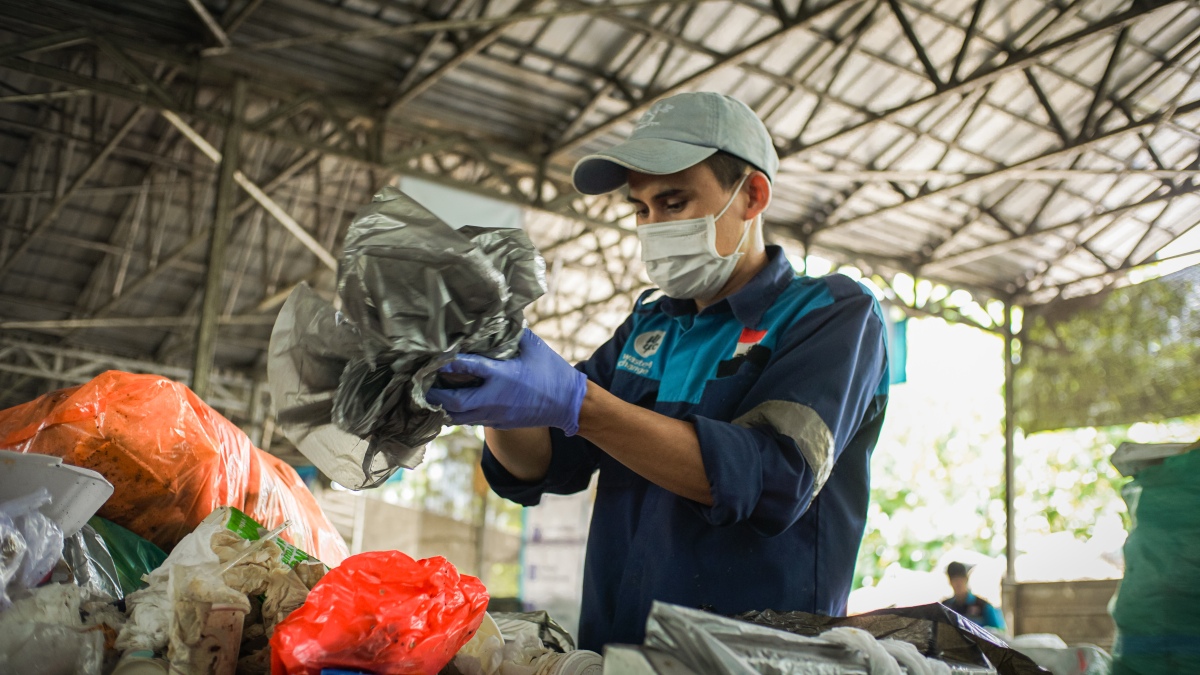Sequoia India eyes $50 million investment in K12 despite market slump • ZebethMedia
Sequoia India is in advanced stages of deliberations to invest over $50 million in K12 Techno Services, a startup that offers a range of services to education institutions and also runs its own chain of schools, doubling down on a firm that it first backed over a decade ago, two sources familiar with the matter told ZebethMedia. K12 Techno Services — which has raised over $75 million in previous rounds, according to Tracxn — also engaged with TPG and Accel in recent weeks but has decided to move ahead with existing backer Sequoia India, one of the sources said. The round hasn’t closed, so the terms of the investment may change, sources cautioned, requesting anonymity sharing nonpublic information. It’s unclear if anyone other than Sequoia is also investing in the round. K12 Techno Services runs Orchids – The International School chain in over two dozen cities in India. It operates over 90 schools where it teaches a range of subjects from robotics to philosophy for an individual’s “360-degree development.” Orchids has served over 75,000 students, according to its website. It also offers integrated curriculum, platform for online classes, and other school management applications to over 300 schools through its arm called Let’s Eduvate. “Our comprehensive solutions are scale-able and adaptable that work effectively for all types of schools. They are efficacious for various school management activities as designed for the overall growth of students, hence for schools,” it describes on its website. Sparkle Box, another arm of K12, runs an e-commerce store for custom-made activity kits aimed at children. K12 didn’t respond to a request for comment Thursday, whereas Sequoia India declined to comment. The deal represents Sequoia’s aggressive and multi-faceted approach to tackling the edtech market in India, where over 300 million students go to school and participate in competitive college entrance exams. It’s one of the earliest backers of Byju’s, Unacademy and Doubtnut that serve students from kindergarten to those preparing to enter colleges. It’s also an investor in Eruditus, which offers higher education to students in dozens of markets. Edtech startups in India — and beyond — are some of the most impacted by the ongoing market downturn that has reversed much of the gains made in the 13 years long bull run. The edtech industry in the South Asian market has cut nearly 5,000 jobs this year.









